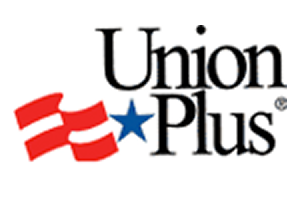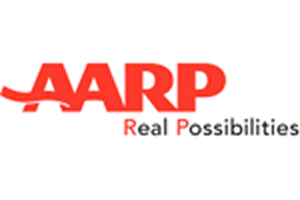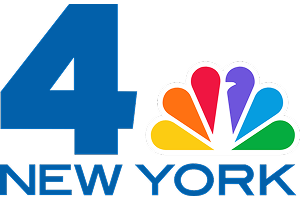800.696.9529
New York Chapter 7 Bankruptcy
If you are struggling with debt there are a number of options to consider in order to rid yourself of the debt or to make your debt payments manageable. One such option is filing for bankruptcy. For individuals there are 2 bankruptcy options: chapter 7 bankruptcy and chapter 13 bankruptcy. Chapter 7 bankruptcy is sometimes referred to as “fresh start” bankruptcy. It allows you to wipe out the vast majority of your unsecured debt such as credit card bills, medical bills, and personal loans. In fact, depending on the types of debt you have, it is possible that chapter 7 bankruptcy will result in you having no debt. However, during the process the bankruptcy trustee may take some of your assets to pay a portion of the debt you owe your creditors. If you are dealing with overwhelming debt and are considering filing for bankruptcy, it is important to immediately contact an experienced New York Chapter 7 Bankruptcy Lawyer who understands the complexities of bankruptcy laws and who will explain to your options for managing your debt.
Qualifying for Chapter 7 Bankruptcy. The law establishes income criteria as one of the eligibility requirements for filing for chapter 7 bankruptcy. Your income must be equal to or below the median income for New York. The median income standard is adjusted each year. If your income is above New York’s median income standard, you may still be permitted to file for chapter 7 bankruptcy. However, you must take a “means test” to establish eligibility. The means test is used to determine if you will be able to pay back a portion of your debt through a chapter 13 bankruptcy filing. If you have a certain amount of income leftover every month after paying creditors, you will fail the means test and will not be able to file chapter 7 bankruptcy. However, you still may be able to file for chapter 13 bankruptcy.
In addition, you are not eligible for chapter 7 bankruptcy protection if any of the following applies:
- You filed for chapter 13 bankruptcy within the previous 6 years
- You attempted to defraud creditors or the bankruptcy court
- You failed to attend creditor counseling
Pre-Bankruptcy Credit Counseling. Before filing for bankruptcy, the law requires that you attend credit counseling. This pre-bankruptcy credit counseling must occur within 6 months prior to filing. The counseling session must be with a credit counseling organization approved by the U.S. Trustee Program. The session will include an evaluation of your personal financial situation, a discussion of alternatives to bankruptcy, and a personal budget plan.
Dischargeable Debts. While the goal in filing chapter 7 bankruptcy may be to get rid of all of your debt, not all debt is dischargeable. However, you will likely be able to discharge the majority of your debt, including:
- Credit card debt
- Revolving charge accounts
- Medical bills
- Personal loans
- Past due utility bills
- Civil judgments, unless based on fraud
- Money owed under lease agreements such as past due rent
- Personal loans
- Auto accident claims, except those involving drunk driving
Non-dischargeable debts. Examples of debts which are not dischargeable include:
- Child support or spousal support
- Student loans
- Debts not listed on the bankruptcy petition
- Certain taxes
- Court fines and penalties, including criminal restitution
- Homeowners association fees
- Debts to government agencies for fines and penalties
- Auto accident claims involving drunk driving
Secured Debt. During the chapter 7 bankruptcy process secured debt is treated differently from unsecured debt. Secured debts are those that are backed by collateral such as a car loan or a mortgage. If you file for bankruptcy, you must decide whether you want to give the property back, redeem it, or agree that you still owe the debt after your bankruptcy case is over.
Property Used to Pay Debt. The bankruptcy trustee will review your property to determine if any of it is “nonexempt.” Exempt property is property that a bankruptcy trustee cannot seize and use to satisfy you debts. For example, under New York Civil Practice Law and Rules section 5206 exempt property includes your house, condominium, co-op, or mobile home that you use as your residence up to a maximum value based on the county in which the property is located. On the other hand, nonexempt property can be seized. Examples of nonexempt property includes a vacation home or a second vehicle.
If you are having a hard time keeping up with payments to your creditors, chapter 7 bankruptcy may be an option to consider. The staff at Stephen Bilkis & Associates, PLLC has extensive experience helping clients eliminate secured and unsecured debt, responding to creditors’ claims, filing for chapter 7 and chapter 13 bankruptcy, avoiding foreclosure and dealing with out issues related to debt relief. Contact us at 800.696.9529 to schedule a free, no obligation consultation regarding your debt issues.












